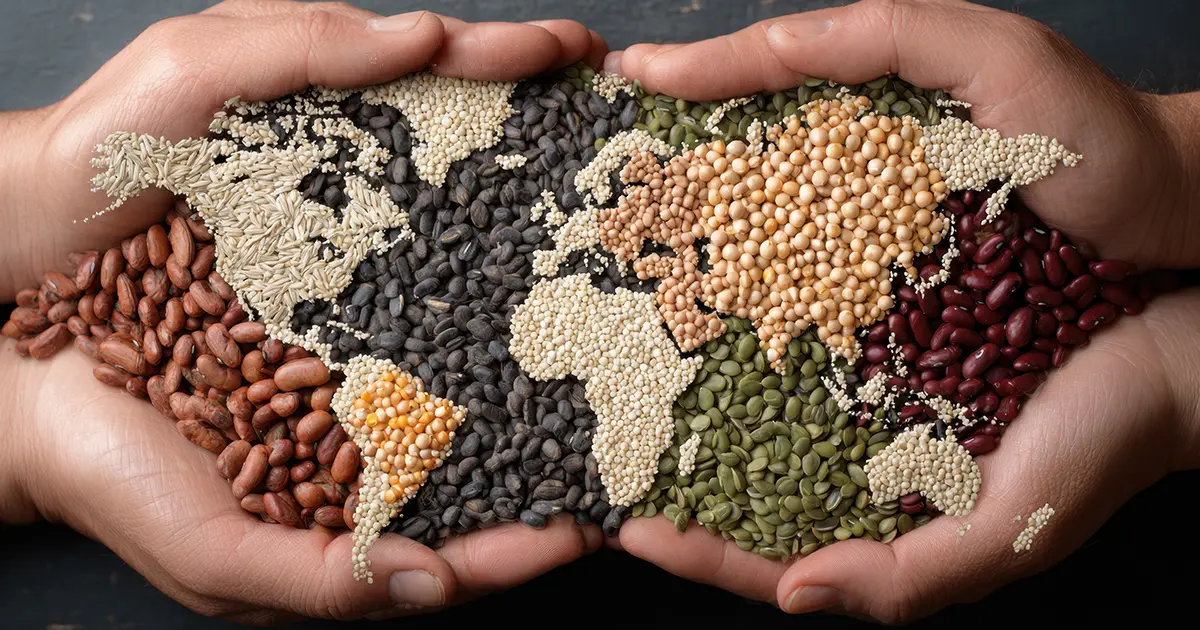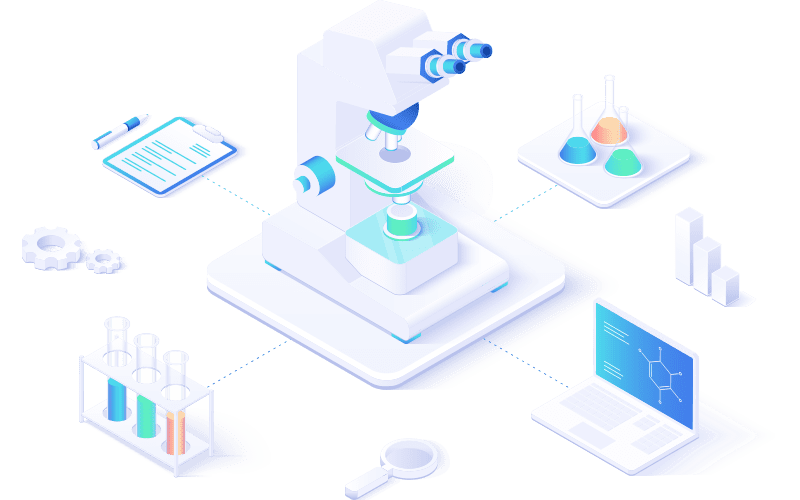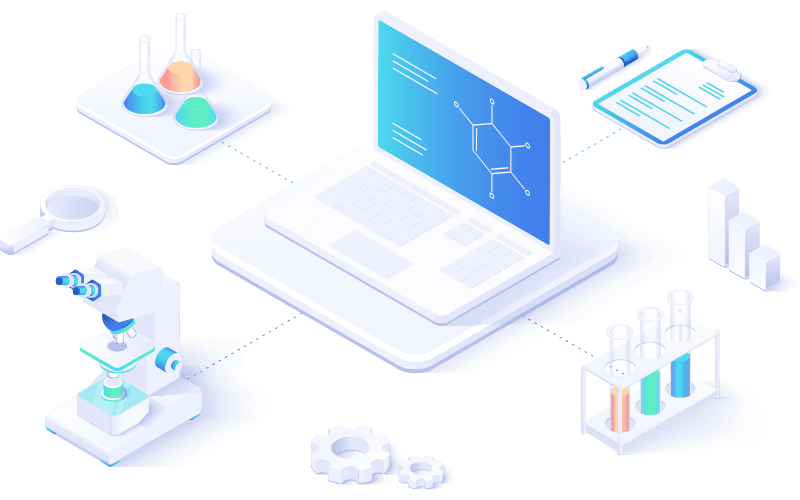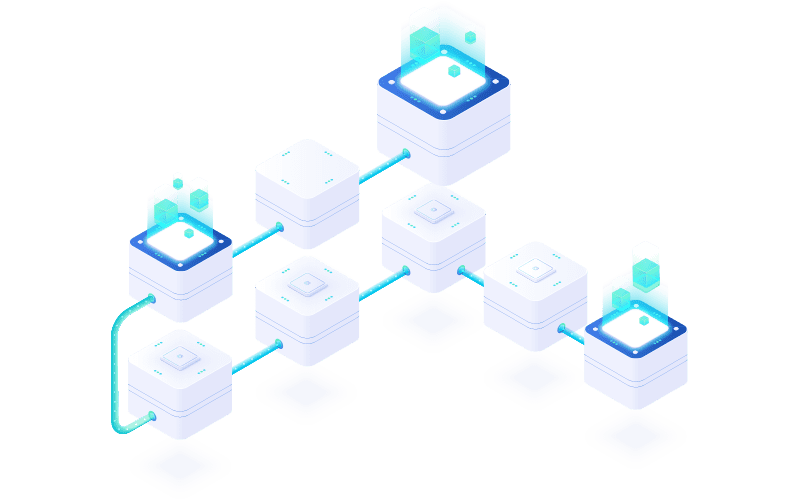
As the global population rises and climate change intensifies, food security has become one of the most urgent challenges of our time. Laboratories play a vital role in ensuring safe, nutritious, and sustainable food supplies across the world. From detecting contaminants to driving agricultural innovation, laboratories are the unsung heroes at the center of global food security efforts.
What Is Global Food Security?
Global food security means that all people, at all times, have access to sufficient, safe, and nutritious food that meets their dietary needs for an active and healthy life. It is influenced by a complex web of factors including climate, trade, supply chains, agricultural practices, and food safety standards. Laboratories support this ecosystem by ensuring the quality and integrity of the food supply through rigorous scientific testing and analysis.
How Laboratories Contribute to Global Food Security
1. Ensuring Food Safety Through Testing
Food testing laboratories detect harmful pathogens, contaminants, and adulterants in food products before they reach consumers. From salmonella in poultry to pesticide residues in produce, lab-based testing protects public health and builds trust in food systems. These labs are crucial for preventing foodborne illnesses and complying with international safety standards.
2. Supporting Agricultural Innovation
Research laboratories develop drought-resistant crops, sustainable fertilizers, and improved soil management practices to help farmers increase yield and reduce environmental impact. By leveraging genetics, biochemistry, and biotechnology, labs are accelerating innovation that supports long-term food sustainability.
3. Monitoring Supply Chain Integrity
Analytical laboratories track food from farm to fork, verifying authenticity, origin, and traceability. This is vital for identifying fraud, protecting brand integrity, and ensuring that imported and exported products meet regional food safety regulations.
4. Addressing Climate Resilience
Climate change is disrupting agricultural patterns around the globe. Laboratories help monitor and predict these changes by analyzing weather impacts, soil quality, and crop viability. This data enables governments and producers to adapt quickly and mitigate future food shortages.
Types of Laboratories Involved in Food Security
- Food Safety Labs: Analyze samples for microbiological, chemical, and allergenic contaminants
- Agricultural Research Labs: Focus on improving seed genetics, fertilizer efficiency, and pest control
- Environmental Labs: Monitor soil, water, and air quality that affect agricultural productivity
- Regulatory Labs: Support compliance with international food standards and labeling requirements
Challenges Faced by Laboratories Supporting Food Security
While laboratories are essential to global food security, they face several challenges:
- Data Silos: Disconnected systems make it difficult to share insights across regions and organizations
- Manual Workflows: Paper-based processes slow down testing and increase the risk of human error
- Compliance Complexity: Navigating diverse regulatory landscapes across countries is resource-intensive
- Scaling Capacity: Many labs struggle to handle increased testing volume in times of crisis or recall
How LIMS Transforms Food Security Laboratories
Implementing a Laboratory Information Management System (LIMS) helps food security labs overcome these challenges and scale their impact. A modern LIMS centralizes data, automates workflows, and ensures regulatory compliance—making labs more efficient and connected.
With LIMS, labs can:
- Track samples from intake to result with full traceability
- Automate report generation and notifications for faster decision-making
- Ensure data integrity and compliance with global food safety standards
- Integrate instruments and share data across systems and stakeholders
LabLynx LIMS Suite: Powering Food Security Laboratories
The LabLynx LIMS Suite is designed to meet the demanding needs of laboratories on the front lines of food security. Our platform supports advanced sample tracking, regulatory reporting, and real-time dashboards to ensure accuracy, speed, and global connectivity. Whether you’re testing food, analyzing agricultural inputs, or monitoring environmental factors, LabLynx provides a flexible and scalable solution tailored to your lab’s mission.
Schedule a demo to discover how LabLynx can help your laboratory strengthen global food security through technology, automation, and scientific integrity.
Conclusion: Labs at the Core of a Food-Secure Future
Laboratories are an essential, yet often overlooked, force in the battle for global food security. They provide the science, technology, and oversight needed to protect the food supply from farm to fork. By investing in the right systems—like a modern LIMS—labs can increase their impact and help ensure that safe, nutritious food is accessible for everyone, everywhere.
Accelerate Your Lab's Success & Experience LabLynx
"*" indicates required fields
Explore the LabLynx Suites

LIMS Suite
Seamless Sample and Workflow Management
The LabLynx LIMS Suite empowers laboratories with the tools needed to manage samples, workflows, compliance, and more in one centralized system. It’s the backbone for labs seeking efficient, reliable, and scalable management solutions.

ELN Suite
The LabLynx ELN Suite offers a modern approach to managing lab data and experiments. With its secure, intuitive platform, your team can record, store, and collaborate effortlessly, supporting innovation every step of the way.

Lab Automation
Automate for Efficiency and Growth
Streamline operations and boost productivity with the LabLynx Lab Automation Suite. Designed for labs ready to embrace advanced automation, this suite integrates systems, instruments, and workflows to deliver efficiency at scale.
